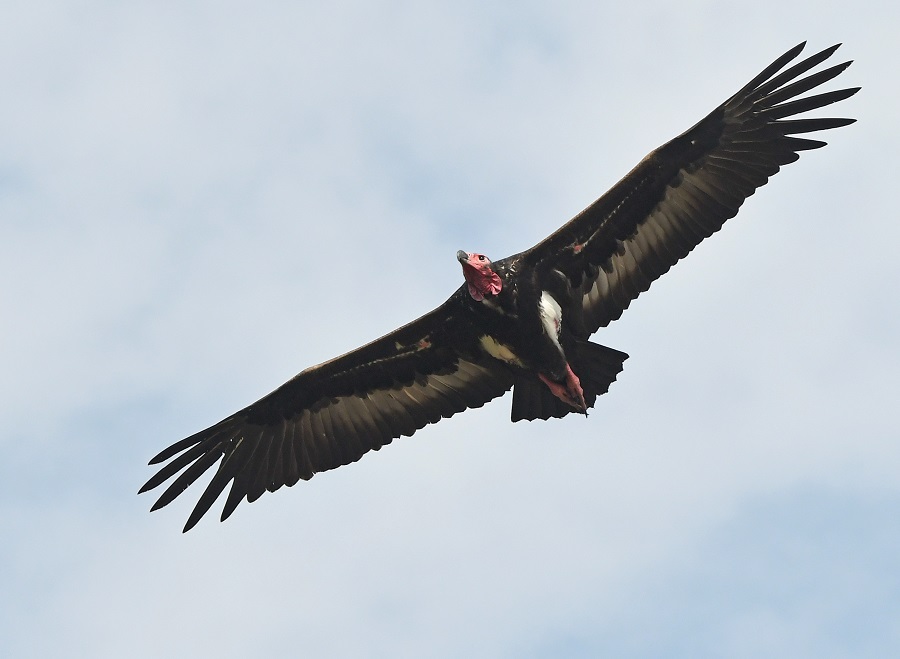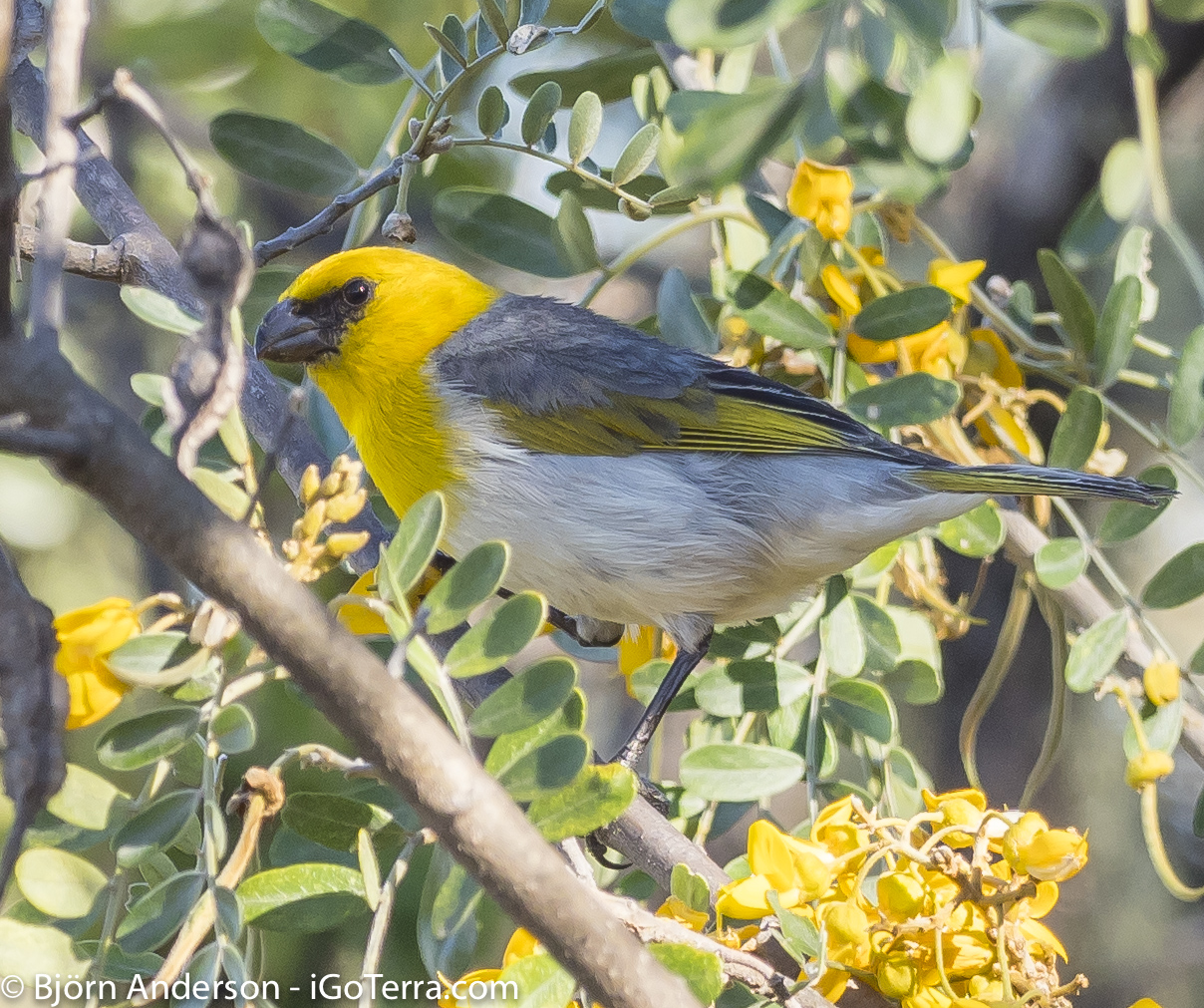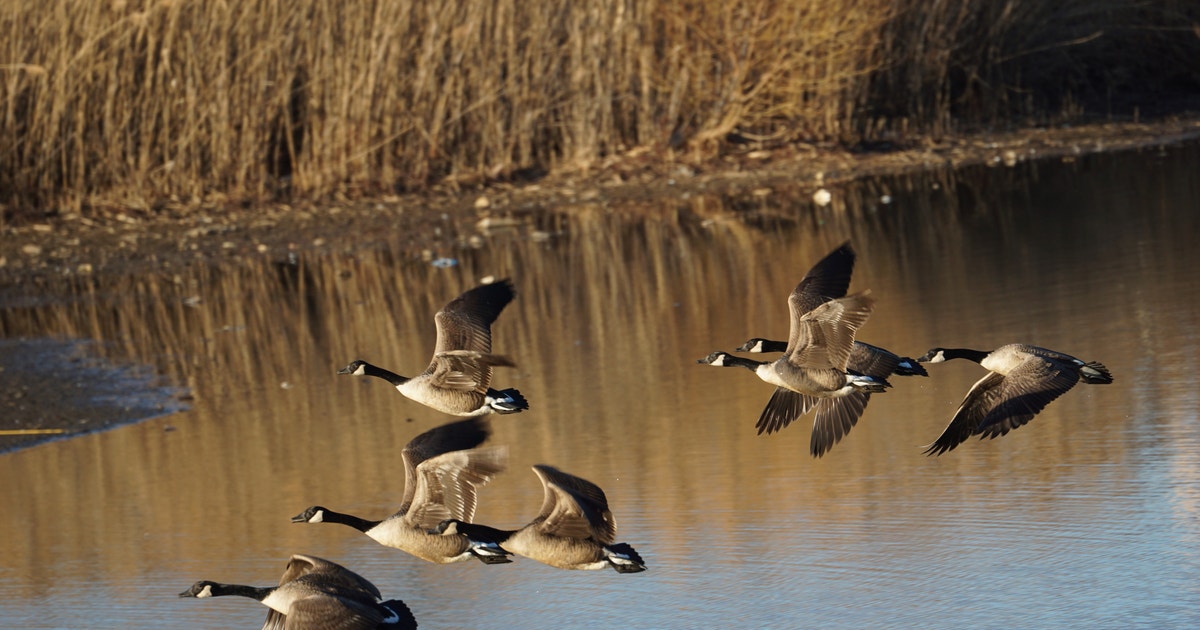On the 31st of July, Bombay Natural History Society (BNHS), BirdLife in India, received the good news that two more veterinary drugs- Ketoprofen and Aceclofenac, could no longer be manufactured, sold and distributed throughout India. After 10 years of working with government agencies and other NGO’s, this official gazette issued by the Delhi High Court was a welcome step forward for the protection of vultures in India.
For over two decades, vulture populations in India have been in a steep decline, losing up to 99.9% of wild populations in India, according to retired vulture expert from BNHS, Vibhu Prakash. This dramatic loss in birds sent researchers from across the Indian subcontinent looking for the source of the problem, and in 2003 they found the culprit. The vultures were dying from poisoning after feeding on the carcasses of deceased cattle. A team at the Peregrine Fund discovered that the Non-steroidal Anti-inflammatory Drug (NSAID) called Diclofenac, had been given to the cattle and passed to the vultures, leading to kidney failure in the birds.
BNHS worked with Saving Asia’s Vultures from Extinction (SAVE), the Indian Veterinary Research Institute (IVRI) and other government agencies to remove Diclofenac from veterinary practice in India in 2006. However, by 2010, peer-reviewed journals had highlighted the dangers of another NSAID, Ketoprofen, at which point BNHS, SAVE and IVRI began calling for bans of the drug. By 2014, IRVI confirmed that another NSAID, Aceclofenac, immediately metabolises into Diclofenac after being ingested by cattle, and again the three organisations formally began their call for bans.
Red-headed Vulture, copyright Angus Hogg, from the surfbirds galleries
Following years of evidence gathering by each of these groups, independent lawyer Gaurav Kumar Bansal submitted a recent vulture conservation petition that swiftly led to the Delhi High Court decision. In addition to advocating for the bans of Ketoprofen and Aceclofenac, BNHS also worked intently to have the bans gazetted, which informs the nation of this ban. Abhishek Ghoshal from the Vulture Programme at BNHS noted that, “this is probably the most significant step towards vulture conservation since the diclofenac ban of 2006. It’s a result of long-term efforts from the Ministry (MoEFCC) and including state Governments… and alongside with NGOs. Timely order notifications and on the ground implementation will now be pivotal.”
As with Diclofenac, the application of these drug bans will take time. While the production of the drugs will stop immediately, stopping the distribution and use of them may take a longer time, as people may want to finish their current stocks. BNHS staff are now engaging with Chief Ministers to have the bans properly enforced and create safe zones for vultures to thrive in the wild.
This is certainly a great step in the right direction for vulture conservation in India, but there’s still much more to be done. The NSAID Nimesulide is still on the market, despite equal evidence of its harm to vultures. BNHS is now embarking on the advocacy to get this drug banned as well. Additionally, while Diclofenac has been widely banned, and Ketoprofen was banned in Bangladesh in 2021, other NSAIDs have not been banned from neighbouring countries that have faced similar declines in vulture populations. There is also concern that future painkillers created to replace these drugs may not be properly tested to determine whether they might also harm vultures.
Chris Bowden, SAVE Programme Manager and Royal Society for the Protection of Birds (RSPB) expert, told IANS: “The latest bans are a huge step in the right direction for the future of vultures in India, and the Indian government is showing other countries what is needed for vulture conservation. Once Nimesulide is also banned and indeed a future testing protocol before drug licensing, then we really will celebrate knowing the future of these majestic environmental cleaners is far more secure.”
This joint effort from Bombay Natural History Society, SAVE, IVRI and the Indian government paves a positive path forward for future decisions about veterinary NSAID use around the region, and provides some hope for these extremely important birds.



